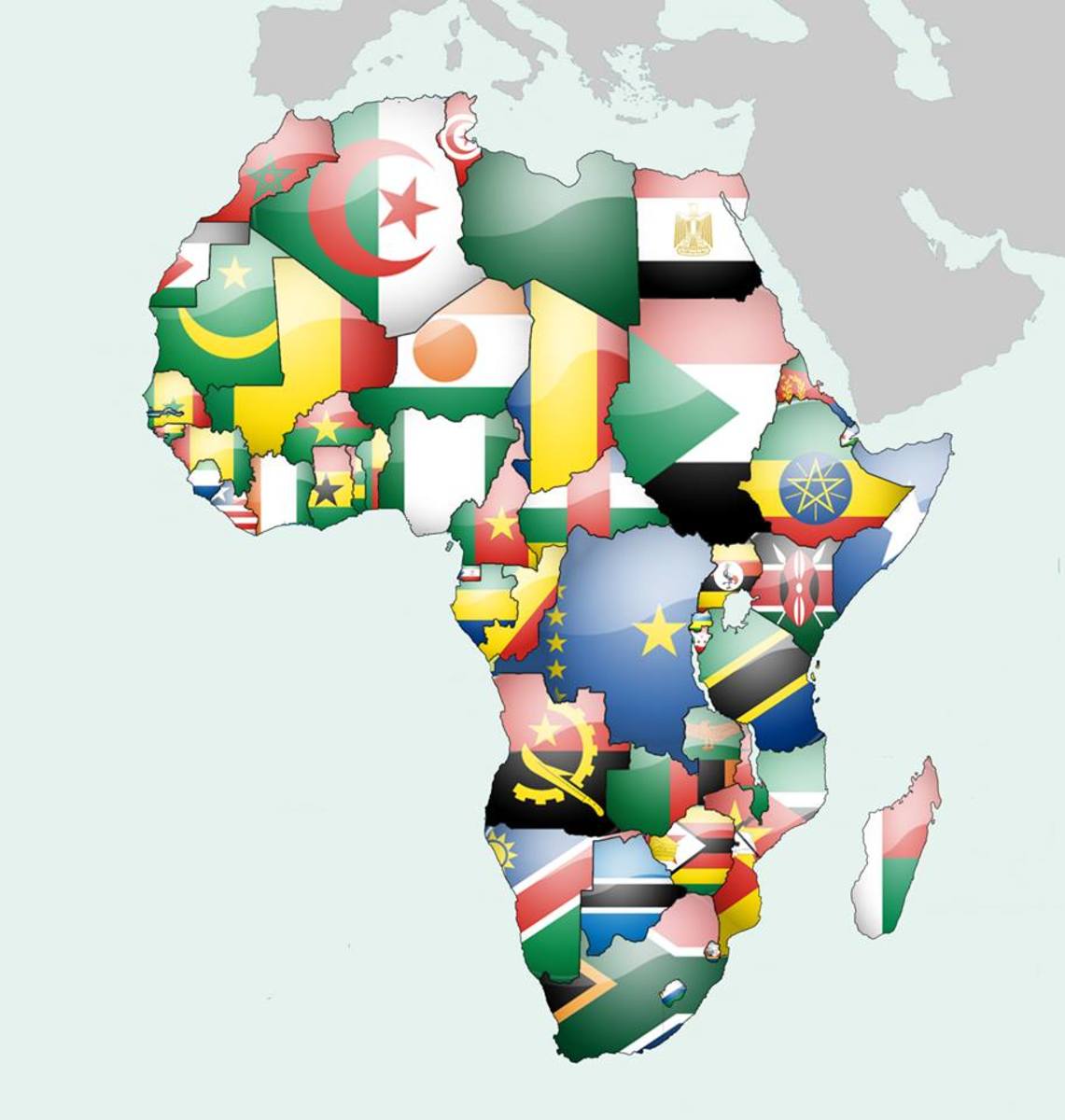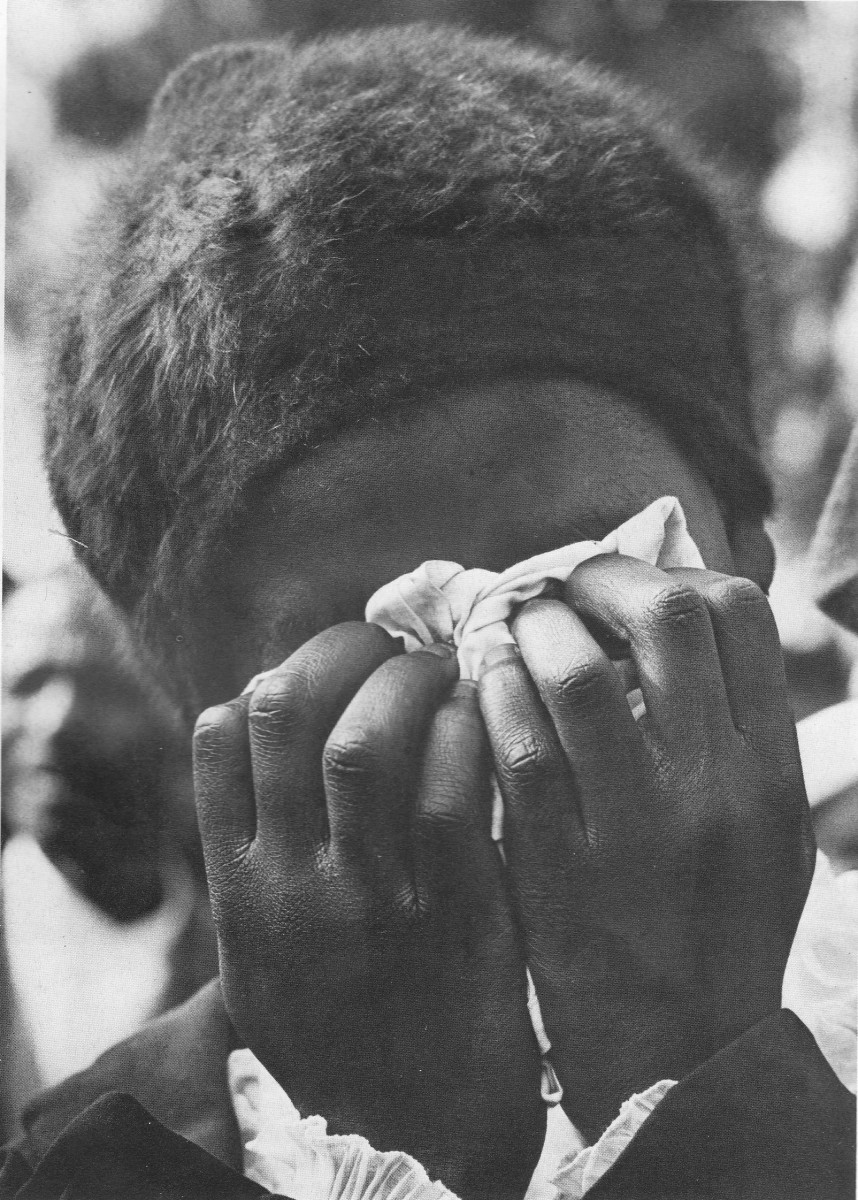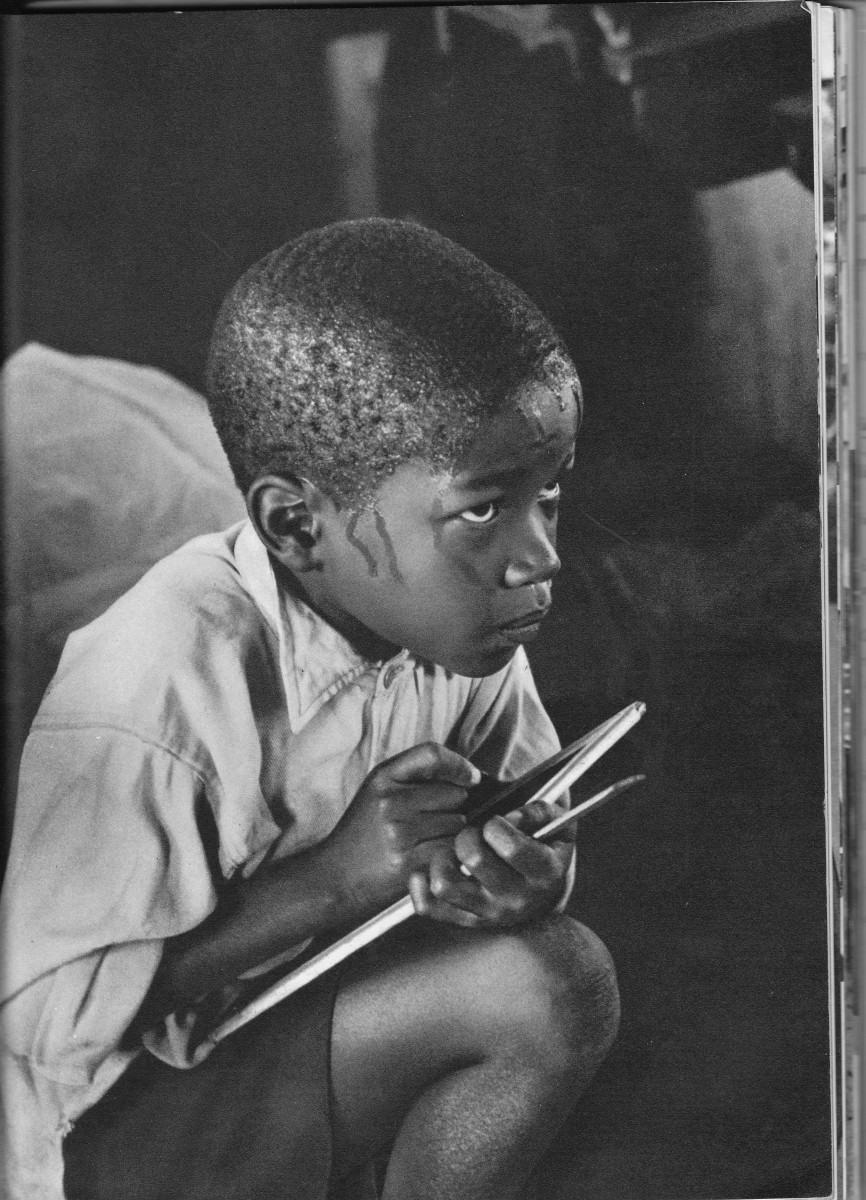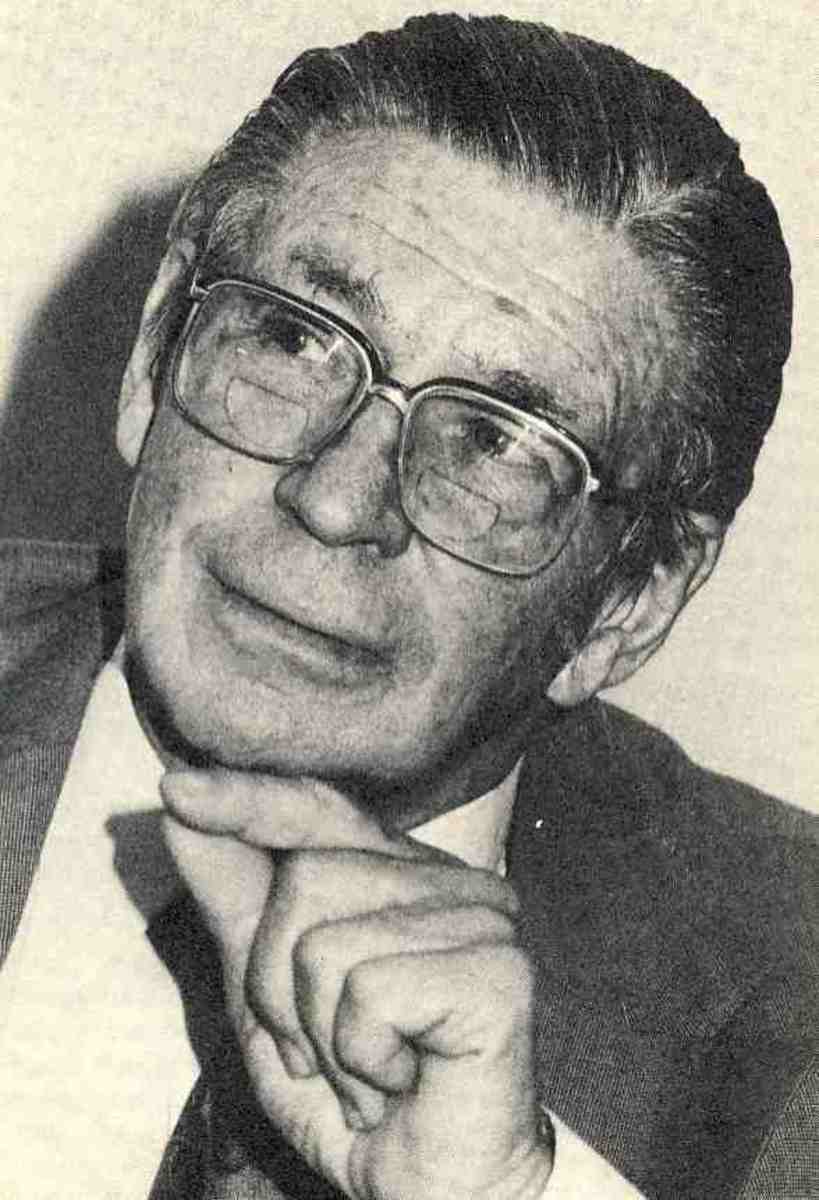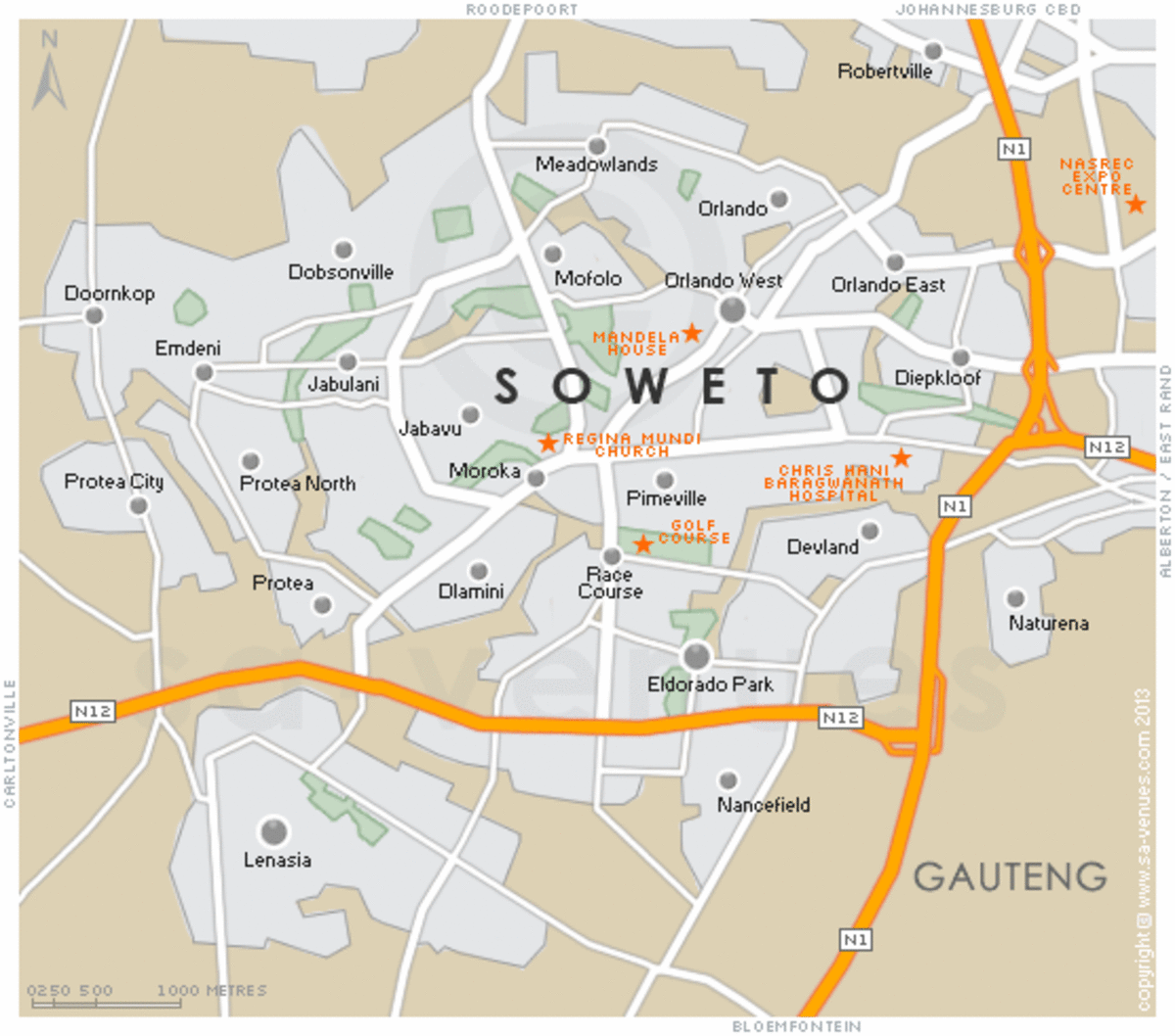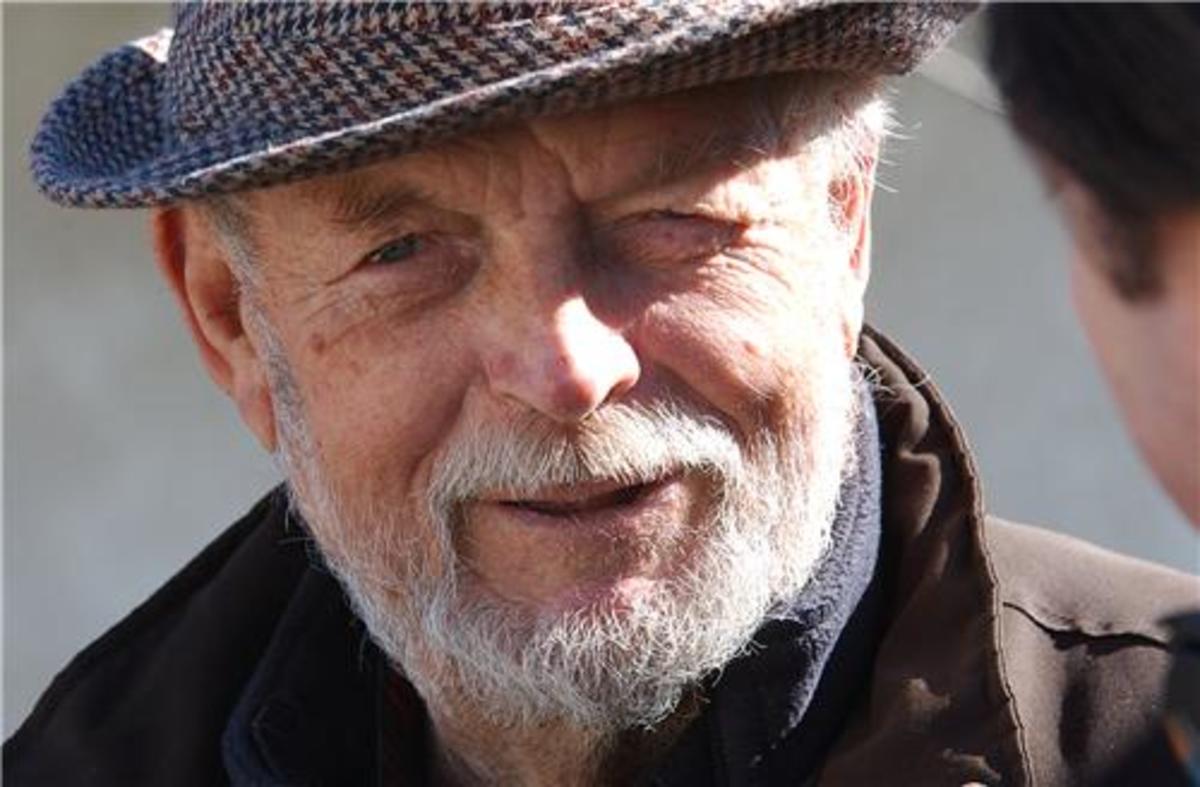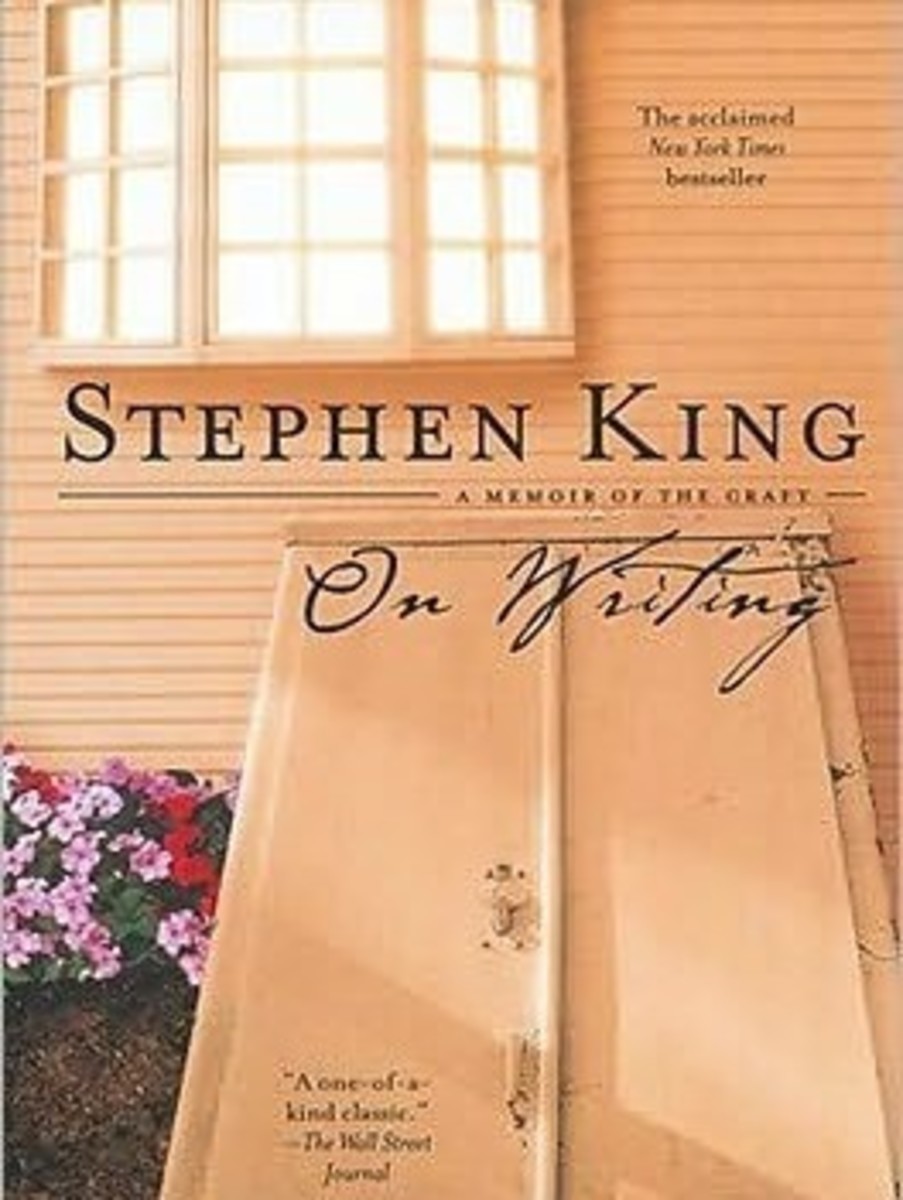“Begging to be Black” – a review of the book by Antjie Krog
Innocents in Africa?
“...picking my confused way through a world where there existed not one, but two sources of light. My perception is still confused by double shadows from those twin suns. I would never say that my perception is African. But Africa is lodged in my perception all the same.” - from Innocents in Africa by Drury Pifer (Granta, 1994).
Being white in Africa is a very confused way, a way that one has to tread through very carefully. Because the light from the two suns casts different shadows, and I, for one, am continually having to make some choices between one sun and the other. Do I take my time and direction from the African sun which burns and scorches with an and unpredictable urgent life, or do I take my time and direction from the European sun with its comfortable, relatively predictable cultural answers to all the questions that life, in Africa, no less than in Europe, throws at one from moment to moment.
When I first arrived at the University of Stellenbosch back in the early 1960s I had to be interviewed by the house committee of the residence in which I was going to be staying. I was asked my name, which, when I gave it, was greeted with the rather rude expostulation: “O, nog 'n fokken soutpiel!” Which, being translated, means, “O, another effing salt-penis!” The term “soutpiel” is a derogatory name for Englishmen and comes from the saying of Afrikaners that Englishmen have one foot in Europe and one in Africa, leaving their penises to hang in the sea between the two continents.
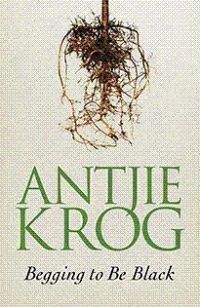
Begging to be Black is a wonderful book which demonstrates very clearly that in the new democratic South Africa the term “soutpiel” can be applied equally to both English and Afrikaans speakers. The author, Afrikaans writer and poet Antjie Krog, courageously and eloquently lays out the dimensions of the quandary of being white in Africa. This is a beautiful book, an important book, which anyone wishing to attempt to understand this amazing country which we share, sometimes rather uneasily, with about 49 million others, will read and learn from.
Krog does not offer answers, she does not make light of the difficulties, but in the end she comes down firmly on the side of Africa, unlike Drury Pifer who, in his book Innocents in Africa, rather reluctantly, I feel, in the end decides he is not African. Krog is African, and makes no bones about it, in spite of facing some challenging questions about her role as a white in Africa.
Back in 1959 Nobel laureate Nadine Gordimer wrote an article called “Where do whites fit in?” In it she was asking the question whether or not whites should or could stay on in the new Africa that was just then starting to shake off the shackles of a century or more of colonization by European nations. Apartheid was then in its early years as a political reality in South Africa, and the contrast between what she called the “new Africa” just being born into freedom and the reality of a South Africa moving resolutely in the opposite direction was becoming starker with each passing day.
The reality, though, of being African, was powerful for her. In the final paragraph of the article she wrote: “If one will always have to feel white first, and African second, it would be better not to stay on in Africa. It would not be worth it for this. Yet. Although I claim no mystique about Africa, I fear that like one of those oxen I sometimes read about in the Sunday papers, I might, dumped somewhere else and kindly treated, continually plod blindly back to where I came from.”
Africa, for those who are living here and are committed here, is lodged in our perception, it is part of us, with all its contradictions and difficulties.
To paraphrase John F. Kennedy (and, I think with more justification to what I would say than he had to say what he said) “Ich bin ein Afrikaner.” After all, I have lived my whole life here, and so have my forebears, going back many generations. So now the question is, with some urgency, “where do I, a white person, fit into Africa?”
Krog writes movingly about this dilemma, and does so by weaving together three interesting strands of her personal narrative: firstly her involvement in a crime, a murder, which brings into sharp focus the problematic of a white, anti-apartheid activist who is committed to the truth, to justice and to freedom; secondly, she does research into the life and politics of Lesotho's first king, King Moshoeshoe, who had to tread with great skill through the competing politics of the expanding white settlers who were encroaching on his land mostly to the west, the expansionist desires of the Zulu kingdom over the mountains to his east, the missionaries who were attempting to save his immortal soul (they thought), and the imperialist British South African interests; and thirdly, her nine month academic sabbatical at a University in Berlin, Germany, where, in regular conversations with a visiting philosophy professor, she explored, in academic terms, the dimensions of the dilemma of being white in Africa, and specifically, South Africa.
Interspersed with these three narratives are her emails to her mother, at times playful, at times angry, at times sad, but always throwing a new light on Krog's own struggles, if somewhat tangentially.
This book is not an easy read, nor should it be. It is tackling very real, very difficult issues which every white in the new South Africa must face. And it prompts Krog into some very colourful descriptions. Her choices around the murder lead her eventually to give evidence in the court case and after she has done so the police, evidently satisfied with what she has said in court, show her that they are pleased with her evidence. Seeing this, she writes: “I want to vomit myself out of myself.” It's that dilemma, to be true to one set of values held dearly, or to another, held equally dearly. And the consequences of that choice, for a white in South Africa, in particular a white who has always opposed apartheid, can be quite dire.
In one of her last conversations with the philosophy professor he asks her how she is going to present their discussions: “Are you writing a novel?” She tells him she has no plan to write a novel. He asks her why, saying, “...you can explore the inner psyche of characters; you can imagine, for example, being black. So what is it about non-fiction that you don't want to give up?”
Krog responds quickly, quite in character with the rest of this book: “The strangeness. Whatever novelistic elements I may use in my non-fiction work, the strangeness is not invented. The strangeness is real, and the fact that I cannot ever really enter the psyche of somebody else, somebody black. The terror and loneliness of that inability is what I don't want to give up.”
Krog in this wonderful book has wonderfully captured that loneliness and terror which comes from being white in Africa. Though I'm not sure that they are not factors anywhere, wherever people are they will, if they are honest with themselves, face that loneliness, that terror. We all face that loneliness and terror and so seek to accept and be accepted, as the only antidotes to the loneliness and terror.
It's just that being white in Africa casts the loneliness and terror more sharply, more vividly, because in Africa there are no innocents.
This is an intensely human book, with all the dilemmas and hard choices laid out without sentiment and yet with an amazing sensitivity.
Antjie Krog
Antjie Krog was born in the small Free State town of Kroonstad in 1952 and studied at the Universities of the Free State and Pretoria. She won international acclaim as the leader of the South African Broadcasting Corporation's (SABC) team covering the Truth and Reconciliation Commission (TRC) appointed by then President Nelson Mandela and chaired by Archbishop Emeritus Desmond Tutu between 1996 and 1998. She wrote a widely respected book about her experiences with the TRC called Country of My Skull (1998) and a further book about the new South Africa called A Change of Tongue (2003) in which she explored the experience of the first ten years of the newly democratic South Africa.
Krog has published many volumes of poetry in both Afrikaans (her native tongue) and English. She is now a professor at the University of the Western Cape in Cape Town.
Copyright Notice
The text and all images on this page, unless otherwise indicated, are by Tony McGregor who hereby asserts his copyright on the material. Should you wish to use any of the text or images feel free to do so with proper attribution and, if possible, a link back to this page. Thank you.
© Tony McGregor 2010


